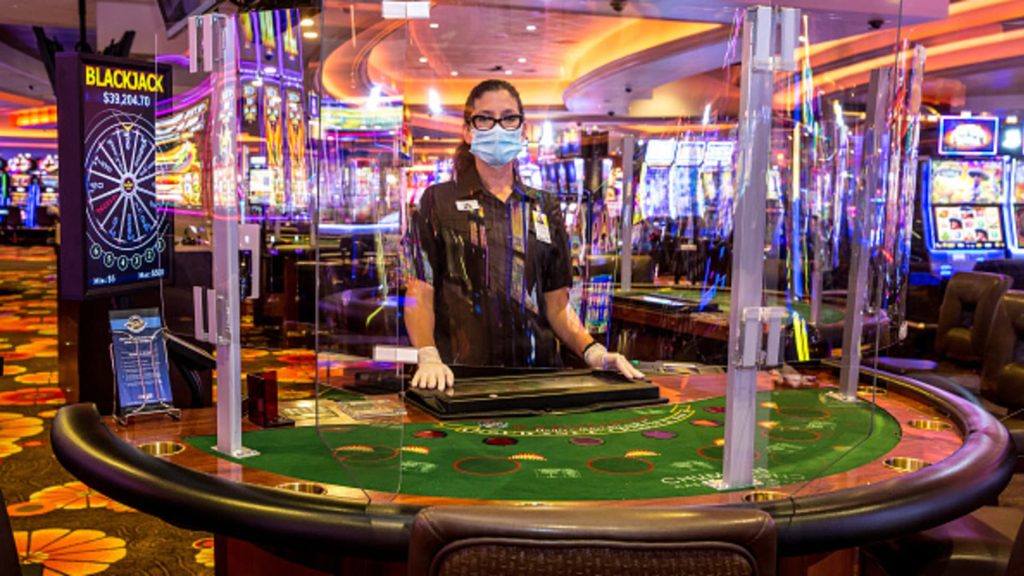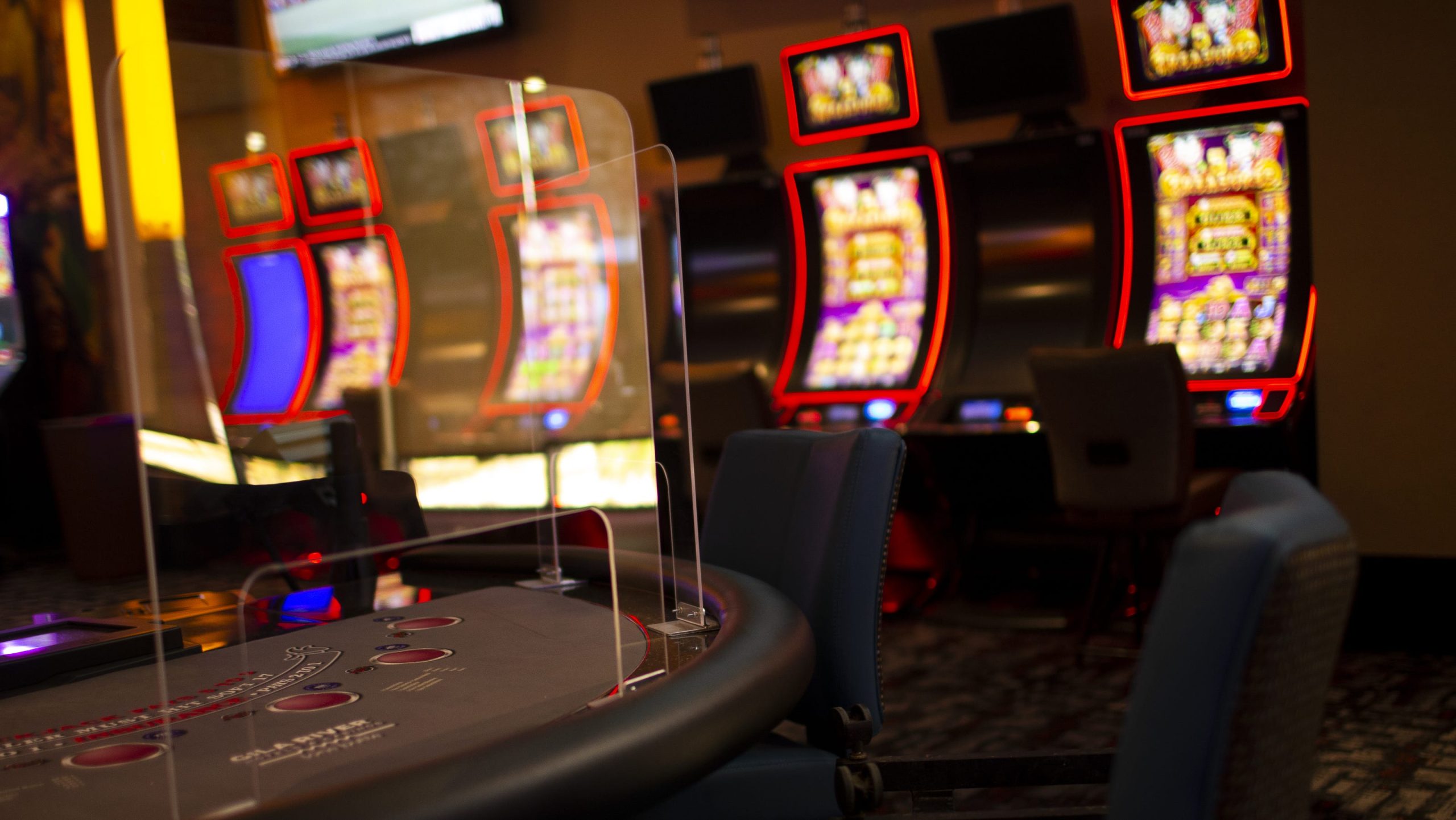Welcome to our in-depth guide uncovering the high-risk nature of casinos. This informative article will thoroughly explore the elements that contribute to the perception of casinos as establishments with elevated risks. Whether you are an enthusiastic gambler or merely intrigued by the intricacies of the gambling industry, our aim is to offer valuable insights and illuminate the underlying reasons behind the perceived risks associated with casinos.
The Intricate World of Casinos
Financial Risks
When it comes to casinos, one cannot ignore the financial risks that are inherent in gambling. Casinos provide a wide array of games based on chance, encompassing popular options like slot machines, poker, blackjack, and roulette. These games involve placing bets with the hope of winning money. However, the very nature of these games means that not everyone can win, and the odds are typically stacked against the player.
While casinos provide entertainment and opportunities for big wins, it’s crucial to recognize that they are designed to be profitable businesses. This profitability is achieved by carefully calculating the odds in favor of the house, ensuring that the casino ultimately holds an advantage over the players. As a result, many individuals who engage in gambling may experience financial losses, leading to perceiving casinos as high-risk environments.
Addiction and Emotional Risks
Another aspect contributing to the perception of casinos as high risk is the potential for addiction and the emotional risks associated with gambling. The thrill of placing bets and the possibility of winning can be highly enticing, leading some individuals to develop addictive behaviors.
Gambling addiction, also known as ludomania, is a recognized psychological disorder characterized by the inability to control or stop gambling despite negative consequences. This addiction can have severe repercussions on an individual’s mental and emotional well-being, as well as their relationships and financial stability. The accessibility of casinos, both in physical locations and online platforms, further amplifies the risks of addiction.
Social Risks
In addition to financial and emotional risks, casinos can also be associated with social risks. The allure of casinos and the excitement surrounding gambling can lead individuals to engage in risky behaviors. Some people may resort to illegal activities or fraudulent schemes to fund their gambling habits, potentially leading to legal troubles and damaging their societal reputation.
Moreover, the social environment within casinos can sometimes foster unhealthy behaviors. Excessive consumption of alcohol, for example, is prevalent in many casinos, and the combination of alcohol and gambling can impair judgment and decision-making, increasing the overall risk factor.
Regulatory Measures and Responsible Gambling
Regulation and Oversight
To mitigate the risks associated with casinos, regulatory measures and oversight are put in place by government authorities and regulatory bodies. These measures aim to ensure fair gameplay, prevent money laundering, protect vulnerable individuals, and maintain the integrity of the gambling industry.

Casinos must adhere to strict regulations and licensing requirements, including regular audits and inspections, to maintain their operations legally. This oversight helps to provide a safer gambling environment for players and ensures that the industry operates within legal boundaries.
Responsible Gambling Initiatives
Recognizing the potential risks and negative impacts of gambling, both land-based and online casinos have implemented responsible gambling initiatives. These initiatives aim to promote responsible gambling behavior, prevent addiction, and support individuals struggling with gambling-related issues.
Responsible gambling initiatives often include self-exclusion programs, age verification procedures, and educational resources on responsible gambling practices. Additionally, casinos may offer support services and helplines to assist needy individuals.
Conclusion
In conclusion, the perception of casinos as various factors influence high-risk environments. Financial, addiction, emotional, and social risks all contribute to the perception of casinos as high-risk establishments. However, it is important to recognize that while gambling risks are involved, responsible gambling practices and regulatory measures aim to mitigate these risks and provide a safer gambling experience for individuals.








